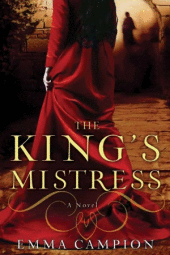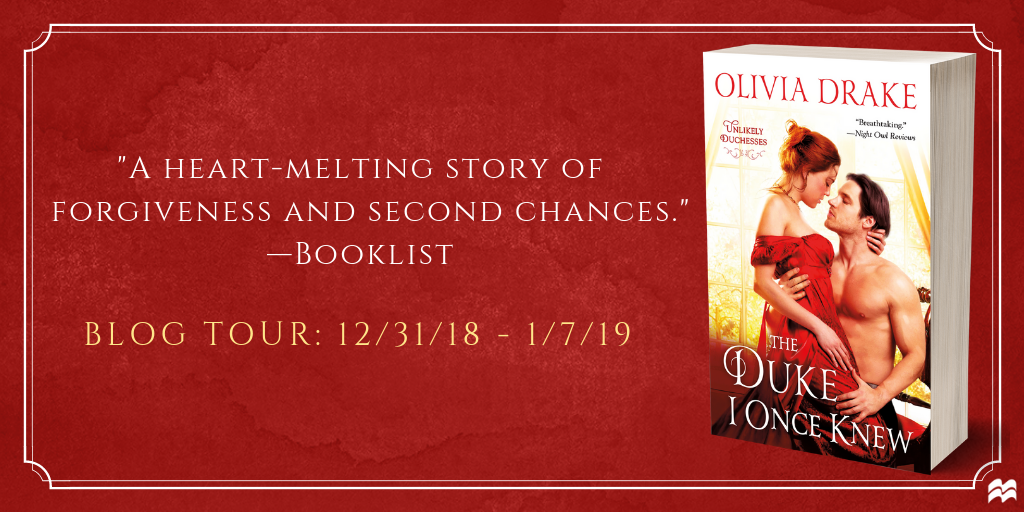 This work of historical fiction, set in 14th-century England, follows the life of Alice Perrers, the notorious mistress of Edward III. The prevailing opinion about Alice, beginning from her own day and age, is captured by Haldeen Braddy in a 1946 article in Speculum, that venerable publication of the Medieval Academy of America: “Now, it must be borne in mind that in his declining years King Edward III, as is well known, was dominated in private and official life by his ambitious mistress, Dame Alice Perrers. Indeed her influence became so extensive that in 1376 the Good Parliament took action against her for interference in the bestowal of the King’s favor, banishing her thereafter from court” (222).
This work of historical fiction, set in 14th-century England, follows the life of Alice Perrers, the notorious mistress of Edward III. The prevailing opinion about Alice, beginning from her own day and age, is captured by Haldeen Braddy in a 1946 article in Speculum, that venerable publication of the Medieval Academy of America: “Now, it must be borne in mind that in his declining years King Edward III, as is well known, was dominated in private and official life by his ambitious mistress, Dame Alice Perrers. Indeed her influence became so extensive that in 1376 the Good Parliament took action against her for interference in the bestowal of the King’s favor, banishing her thereafter from court” (222).
Now that ought to make for an interesting life story. Campion, however, in writing the story as told by Alice, as she ostensibly dictates her memoirs to her daughter in her twilight years, has chosen to eschew the historical portrait of a beautiful, conniving, treacherous seductress and to portray instead an Alice innocent to the point of naivete, a fragile and vulnerable woman ever in search of a male protector, who stumbles haplessly into all the major events of her life without quite knowing how they happened. This Alice is valiant, beset-upon, manipulated, and wronged, but always kind, forgiving, compassionate, and pious. She is the epitome of the attentive, caring mother and a loving—very loving—mistress/wife. Such a woman one would want to know and be friends with, in real life . . . but she makes for a rather limpid character on the page.
The cover copy identifies Campion as “the world’s foremost scholar on Alice Perrers.” This is an ambitious statement and sets up several lofty expectations, one of them being that Campion would have, ergo, published extensive scholarly works on Dame Alice. However, a brief search through my favorite references—Amazon.com and the MLA Bibliography—reveals not a single work by Emma Campion other than this one. No books, no essays in collected editions, no journal articles, no conference papers, not even reviews of other work on Alice. Neither are there such scholarly works attributed to Candace Robb, for whom Emma Campion is a pseudonym. One might suppose, on the basis of this evidence, that the “world’s foremost” title is a self-appointed one. And what’s wrong with that? Nothing.
Except that an additional expectation of the world’s foremost scholar might be secret information, daring speculations, or exciting revelations on the life of this subject she knows so much more about than anyone else. At the very least, one anticipates a host of private details that make Alice’s life more immediate, more real, more compellingly imagined. But The King’s Mistress holds no revelations, startling or otherwise. The author takes interesting license with rumors and possibilities, and adds some fond inventions of her own, but most of the details of Alice’s life—such as her properties and business associations, the legal charges brought against her, accounts of her attire, the sporting of the late Queen’s jewels, and the infamous display as “Lady of the Sun”—are details that the average scholar has access to. Perhaps, without that “foremost scholar” claim, my expectations would have been more modest and I might have thus found the book more satisfying.
The talent as a cloth merchant that Campion gives her heroine is a nice development, and the appealing descriptions of jewels, dresses, and hawking help give the novel a well-developed setting. The characters of Geoffrey Chaucer, John of Gaunt, Edward and Philippa, and Edward Prince of Wales (who was not once, to my great disappointment, referred to as the Black Prince, though this nickname is of known to be of a later provenance—Campion is admirably scrupulous with these kinds of details) populate the tapestry and make vivid appearances, but for some reason, none of them come to life as real characters—not even Chaucer, of whom I am particularly fond, and whose connections to Alice have oft been speculated upon. (Some have even suggested Alice as the model for the riotously amusing Wife of Bath; certainly this Alice is as frankly, and refreshingly, in touch with her sexuality at Chaucer’s loquacious pilgrim.)
Given that Candace Robb is a respected and popular author of medieval mysteries, one finds it puzzling that, under the name of Campion, the novel falls into traps that usually ensnare the amateur writer. The lack of full character development is one. Another is the lack of full scene. Much of the novel is summary or partial scene. Saving for one episode involving a family dinner in the first chapter, there is no complete scene that puts characters in conflict and tension with one another, moves to a revelation, pushes the story along, and changes the characters, or their situation, in some real way. The emotional changes, and Alice’s reactions to them, are always explained away in a succeeding paragraph. It takes a great deal off the reader’s shoulders, not having to do the work of figuring out what the characters think or feel or want.
Another mark of a not-fully-realized story is when the main character and her trials are defused of all terror. The novel shows a marked reluctance to put its heroine in any real danger—and this despite the historical Alice’s colorful and fraught life. Alice handles all the tempests of her life—the loss of her first husband, her reliance on the unsteady King, the accusations of Parliament and (spoiler alert!) her painful marriage to Wyndsor—with grace and aplomb, quickly rising above these challenges. Any internal conflict that develops is hastily soothed in the very next paragraph, as Alice pulls herself together, meditates on all that she has to be grateful for, and puts her trust in God. Admirable coping strategies for a real live woman, but, regrettably, they make for a lack of suspense in fiction.
One must admire Campion’s generosity in re-imagining such a soft-hearted heroine, and her research is indeed extensive. The list of characters and maps at the beginning are wonderful references, the bibliography at the end a welcome addition for the reader who wishes to know more. The quotes from Chaucer’s Troilus and Criseyde at the chapter headings look a bit heavy-handed when, later in the book, Chaucer explicitly says that he modeled Criseyde after Alice. Still, there is much in this book to praise and in which to find delight, especially the touching portrait of Alice as a woman who cares for nothing more in life than her children.
But I confess that at times I longed for Walsingham’s vision of a vicious, scheming, shrew-like Alice to add a bit of spice to the proceedings. I waited for her to be resourceful and sly, manipulative and self-serving, and to have at least one good, rousing, knock-down, drag-out fight with Edward. As the book drifted to a close, I hoped in vain for closure; epiphany; a surprising realization; at the very least, the sense of a life’s arc snapping into place. But Alice’s confusion about who she is—fallen or obedient, madonna or whore—reveals the lack of narrative tension, internal or external, in the story as a whole.One expects, generally, that in a first-person historical narration from or on a famous personage, said personage will have some final sense of reflection and accomplishment, or, barring that, will at least attempt some integrated viewpoint on her own life. But the conclusion does no better than to suggest that Alice is, in the end, still defined by the men she slept with, still haunted by her liaison with Edward—a matter assumed in the historical reception, neither new nor revelatory in the least.
One might expect deep insights from—and now I just sound catty, I know—the world’s foremost Alice Perrers scholar. But despite its richness of description, historical accuracy, and boldly re-imagined characters, The King’s Mistress hovers in that vague neverland between history–the demands of which are to create a cohesive narrative or evaluation of the impact of the life of an influential event or person–and fiction, which calls for a textured, complex, image-driven, thematically whole evocation of an individual’s internal and external existence. In the end, the novel never quite succeeds in accomplishing either or uniting both.


Hello Misty, I just found your review through Goodreads and I agree with you 100%. I think the publishers were reaching with that “foremost scholar” tag and probably just ended up exposing their author to ridicule. I’m currently reading The People’s Queen by Vanora Bennett which is also about Alice – I don’t know if it’s more or less accurate but so far it’s a much better read.